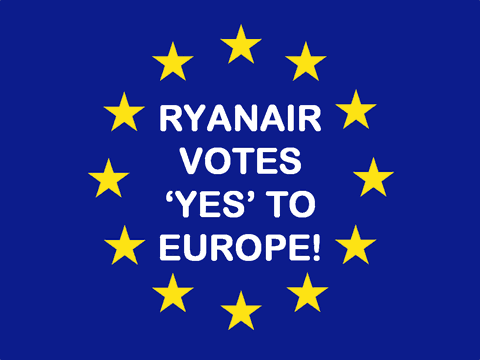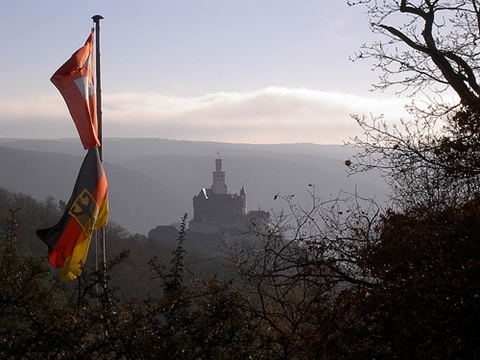Økonomiprofessor Thorvaldur Gylfason spør om Island er for lite til å være selvstendig stat, og om størrelsen kan forklare finans-sammenbruddet på øya. Så iler han til med svaret: Nei, Island er ikke for lite, og den økonomiske elendigheten kunne vært unngått. Gylfason går gjennom mange indikatorer for å vise at små stater har blomstret de siste tiårene. Frihandel får mye av æren:
Fuelled by free trade, small nations have increased in number. Without external trade, many small nations would be inefficient on account of their small size and would seem, on economic grounds, to need to merge with larger nations. Foreign trade relieves small nations of this need by enabling them to reap the benefits of scale and scope through trade. This is how trade has helped increase the number of sovereign states over the years. Without vivacious trade, the costs of small size to many countries would almost surely outweigh the gains. The inability of a small country to benefit from specialisation by exploiting its comparative advantages would by itself be disastrous. With trade, however, the arithmetic changes.
Små land må imidlertid takle spesielle utfordringer: I politiserte, tette, “klanbaserte samfunn” kan forholdet mellom politikk, finans og næringsliv bli for koselig, for ikke å si incestuøst, bemerker Gylfason:
Here Iceland failed. High-quality recruitment into political service and careful selection of key public officials, from abroad if needed, are also important in a small country with a small pool of appropriate local talent. Here, too, Iceland missed the boat.
EU-spørsmålet går ikke Gylfason grundig inn på; han nøyer seg bare med å si at medlemskap vil være positivt for Island. Særlig vil Island vinne på å bli en del av EUs økonomiske union, gitt øystatens problematiske finanshistorie, mener han.
—
Litt apropos: Island har meldt seg ut av samarbeidet om å bevare den nordatlantiske laksen, og skylder på pengemangel.
 Innlegg
Innlegg


